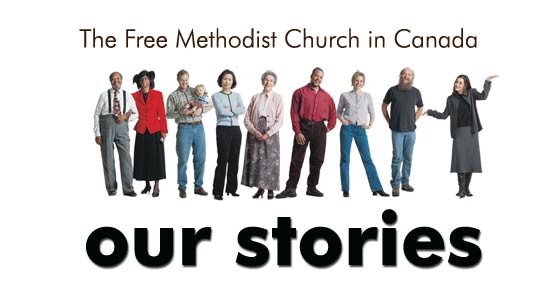We have all heard of the devastation in South East Asia due to the tidal wave. There have been many lives lost, damage due to flooding, etc. The impact on the affected countries is something we can scarcely imagine. One specific area affected is Sri Lanka where we have an affiliation with a group of churches and pastors. This has been communicated in Mosaic, the web site, etc.
We want to join together and prove relief assistance to Sri Lanka , especially to the Eastern provinces. Churches and individuals who want to participate should direct funds to this office designated " Sri Lanka relief". We will partner with World Relief Canada and other agencies to obtain matching grants where possible and to direct relief funds as quickly and efficiently as possible.
Please pray for the affected countries and the many families impacted by the tidal wave in South East Asia .
Norman Bull
Director, Administrative Services
Choosing how to send aid to south Asia
CTV.ca News Staff
Though Canadians may be compelled to give generously to the south Asian tsunami relief effort, some have concerns the money might not get to the right place.
"We want people to people to be comfortable," says Tanya Elliott of the Canadian Red Cross. "We don't people to hold back because of these concerns."
So how do you know the agency you're giving money to is legitimate? There are a few guidelines to follow, according to Elliott: (1) ensure you're giving to a registered Canadian charity (2) get a tax receipt (3) do some research
The fastest, easiest way to check if a group is registered is to look on the Canada Revenue Agency website
There are about 1,800 charities registered in Canada. Some are large, some are small, and it requires research to see what each group's focus is.
For instance, World Accord is a small international development agency based in Waterloo, Ont. With existing partners in India and Sri Lanka, it is now working to send aid overseas.
"Our administration fees are much lower than some groups, because we partner with local organizations," says World Accord's Sandy Heathers. "To pay a Canadian to be in another country costs much more than to pay a salary for a local person to do the work."
Each group has its own way of operating, but Elliott says contributing online is the "quickest, most efficient, cost-effective way to donate. We can issue an instant tax receipt and there are fewer hands involved."
For those worried their money will go toward a charity's overhead, Elliott says the Red Cross channels its funds directly to its people on the ground.
"We know it's being used to purchase supplies and provide the help that's needed in the affected regions," she says.
Elliott said no matter which charity you decide on, money is the best way to give. Sending goods is "very costly, and almost impossible in terms of distribution."
She says financial donations are used in "direct financial transactions" where the charity's agents "purchase supplies that are culturally appropriate and are meeting the need at that particular time."
Elliott says it's difficult to convey to Canadians exactly how their money will be spent right now. "It's difficult in the early stages of a disaster," she says. "They're focused on immediate relief. That's the focus."
Friday, December 31, 2004
Subscribe to:
Comments (Atom)

